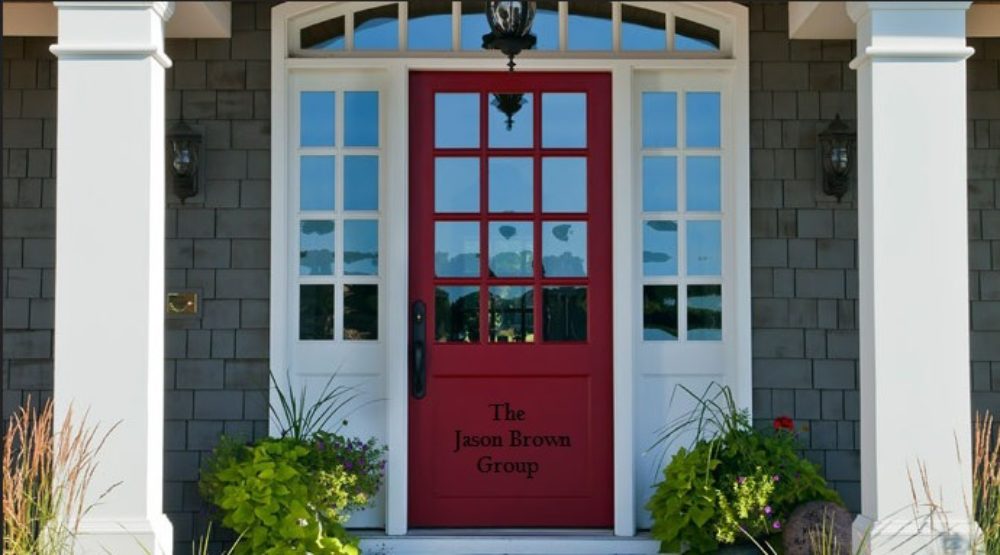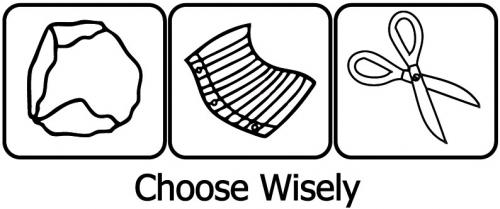We’ve helped a lot of Johnson County Kansas homeowners with selling their homes in a Short Sale. A question we often get asked at the end of the process is, how long will it take before they can buy a home again? It had been two years in many cases, including FHA and VA loans, but recently FHA pushed the wait to 3 years. Guidelines are constantly changing and with so many mortgage options today, potential home buyers can call us and we’ll let you know what we’re seeing today’s market. We’re connected to many of the best mortgage lenders in the business and can quickly assess your financial situation and ability to buy a home.
 The biggest factor in being able to buy a home ASAP is to start improving your credit score as soon as the Short Sale has been completed. The #1 way to do this is to start paying all of your bills on time going forward. Your payment history makes up 35% of your Credit Score and you’ll need to show creditors that you are willing and able to pay all of your monthly bills on time. Until you can pay all of your credit card bills, department store credit bills and any/all other installment loans on time, you will continue to fight a battle with your credit score.
The biggest factor in being able to buy a home ASAP is to start improving your credit score as soon as the Short Sale has been completed. The #1 way to do this is to start paying all of your bills on time going forward. Your payment history makes up 35% of your Credit Score and you’ll need to show creditors that you are willing and able to pay all of your monthly bills on time. Until you can pay all of your credit card bills, department store credit bills and any/all other installment loans on time, you will continue to fight a battle with your credit score.
Credit scores range from 300 to 850 range and you’ll want to work to get your credit score up into the 700’s for creditors to start viewing you as a low credit risk. The lower your credit risk, the more willing a lender will be to give you a loan and the better the terms will be (i.e. lower interest rates). As for the rest of puzzle that makes up your credit score, 30% is how much debt you currently owe compared against the maximum amount of debt you could possibly have based on your current credit limits. This considers factors such as how much you owe on a credit card compared to the credit cards max limit, how much you currently owe on your mortgage compared to your beginning balance, etc.
The length of your credit history accounts for 15% of your credit score and considers how long you’ve had a credit card, how long you’ve had a mortgage, etc. If you heard of a great new credit card that you can’t pass up, you still will want to think twice about closing out your old credit card, because old credit is generally the best credit as far as credit scores go. Accounting for 10% of your credit score is your credit mix, which looks at the different types of credit you use. Also, rather than getting two new credit cards at the same time, avoid a big shakeup of your credit by getting one new card, show a history of making payments on that card on time, and then add the second credit card. The last portion is how much new credit you have and this accounts for 10% of your credit score. Too much new combined credit, such as new mortgage loans, new credit cards, new car loans, new installment loans, etc. over a short a period of time will harm your credit score, temporarily at least.
Posted by Jason Brown






